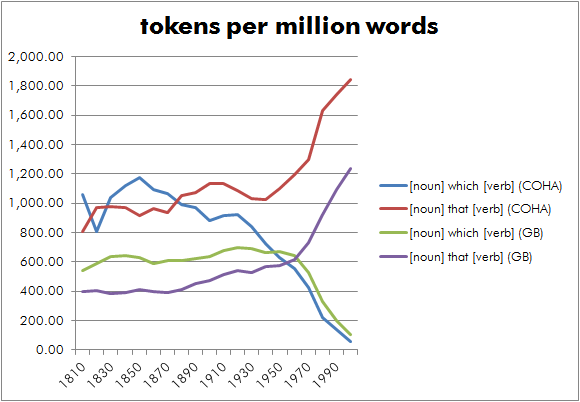When I split an infinitive, God damn it […] it will stay split
In the spirit of Geoff Pullum's lyrical prescriptive poppycock offering, I can offer some Raymond Chandler in verse and letter. And this being Language Log, I will follow it with a light dessert of cheap science. Here's a small sample of Chandler's 1947 poem Lines to a Lady With an Unsplit Infinitive for your edification:
There ain't no grammar that equals a hammer
To nail down a cut-rate wit.
And the verb 'to be' as employed by me
Is often and lightly split.
A lot of my style (so-called) is vile
For I learned to write in a bar.
The marriage of thought to words was wrought
With many a strong sidecar.
Read the rest of this entry »
